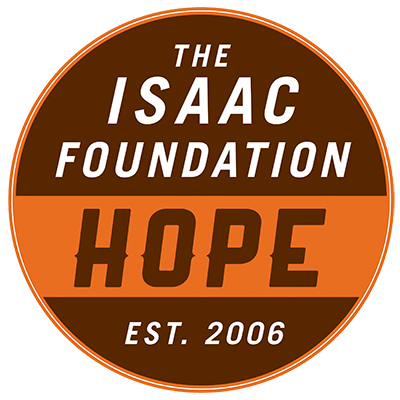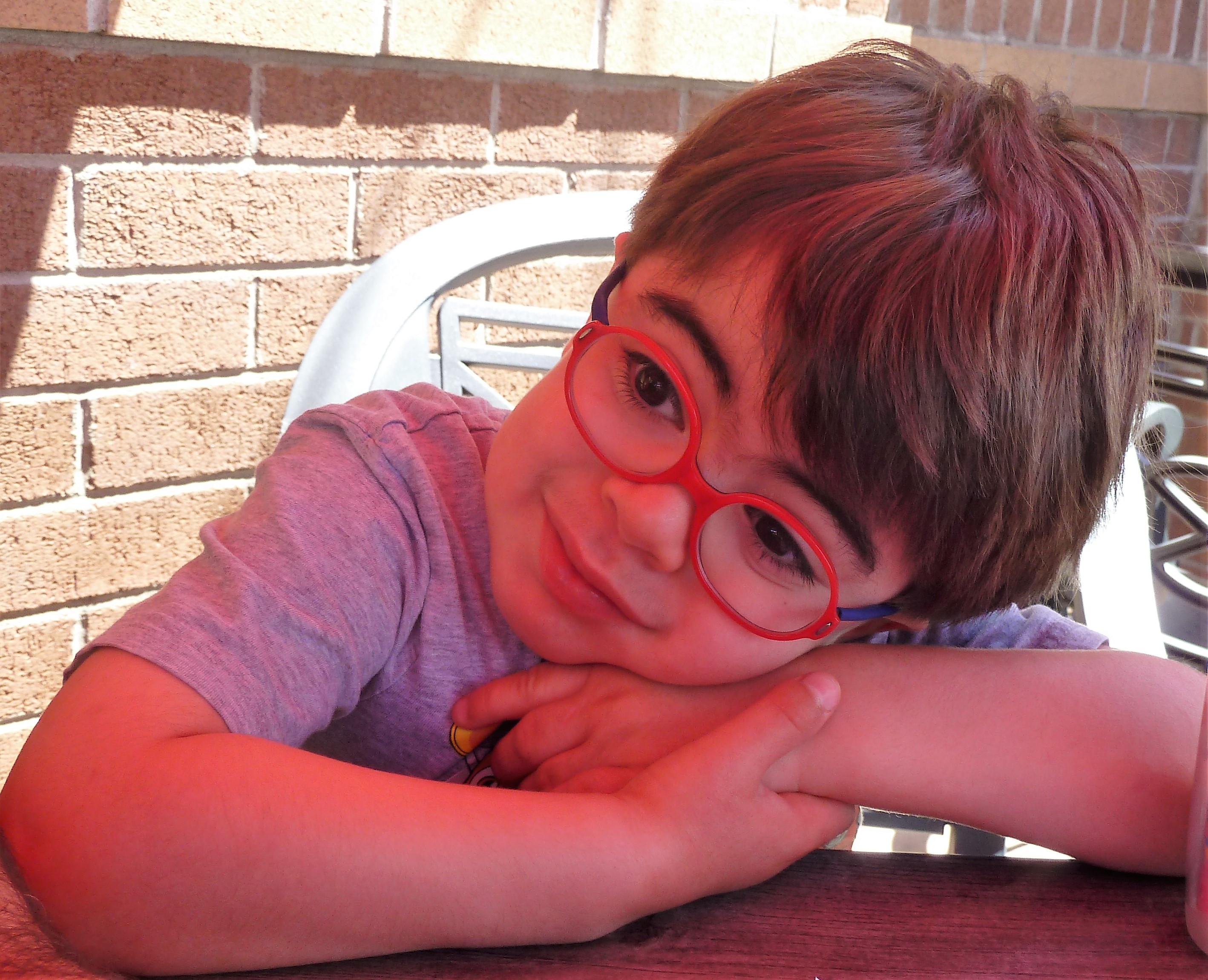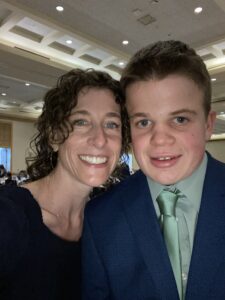What is Hunter Syndrome?
Hunter Syndrome is a rare and debilitating genetic disorder. It is a form of Mucopolysaccharidosis (MPS II) and is characterized by significant bone and joint disease, as well as numerous other symptoms throughout the body.
Patients suffering from Hunter Syndrome lack an enzyme in their blood that breaks down cellular waste in the body. This waste builds up and stores in the bones, tissues, organs, and muscles, and leads to some of the symptoms described below.
Treatments for Hunter Syndrome are available and there is much Hope on the horizon. Currently, an enzyme replacement therapy exists to help slow down the disease in the body, and a clinical trial is underway for a treatment to help battle the disease in the brain (only some patients are impacted by cognitive disease). In addition, there are promising gene therapy projects underway that are showing significant and promising results in the lab setting. It is hoped that these treatments will enter the clinical trial stage soon.














